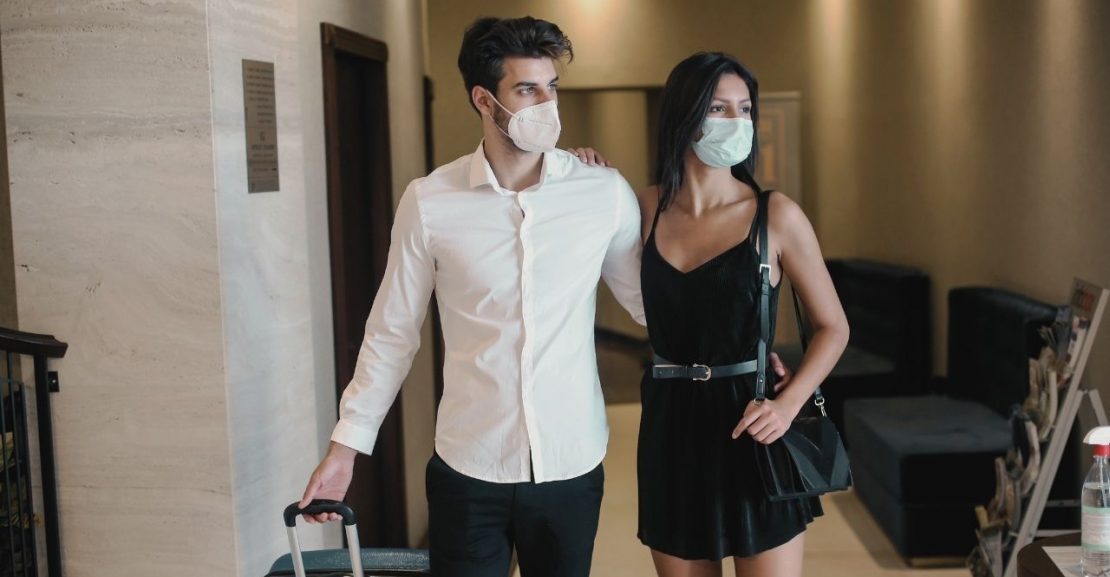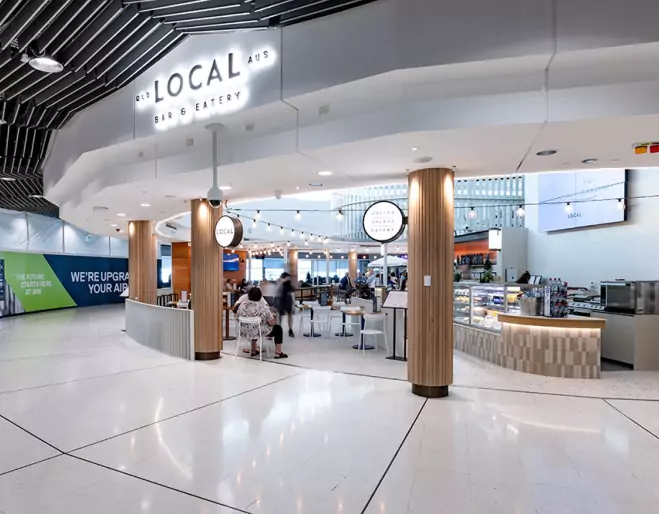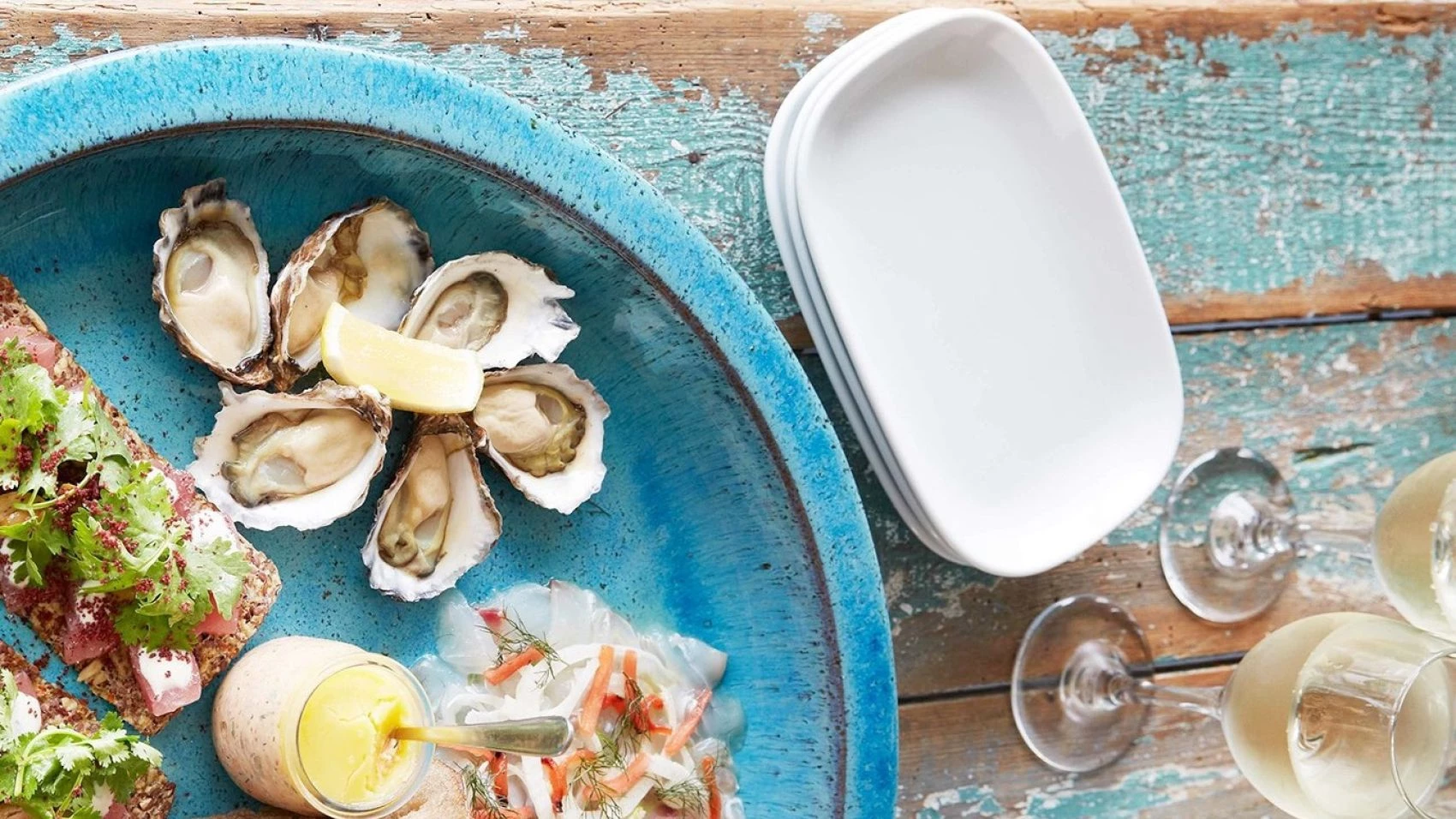[vc_row][vc_column][vc_column_text]As lockdowns start to ease in some parts of the country, more people are now considering doing some leisurely travel to break the monotony of quarantine. And since we’re not entirely free from the effects of the pandemic, it’s normal for travellers to feel a bit of anxiety towards travelling.
The good news is that there are safeguards that we can take to mitigate the risk of catching the bug. In this article, we’ll be going over a list of travel essentials that we can bring with us to make our trip safer.
Recommended Travel Essentials
1. Hand Sanitiser
2. Digital Thermometer
3. Reusable Water Bottles
4. Disinfecting Wipes
5. Reusable Cutlery and Straws
6. Portable Chargers
7. Vitamins
8. Masks
Hand Sanitiser

Medical experts agree that regular handwashing is one of the best ways to control the spread of any microbial disease. But when we’re on the go, there won’t always be an available washroom. And, especially when you’re travelling, you tend to expose your hands to various surfaces that might be harbouring infectious viruses and bacteria.
The importance of keeping our hands clean is why we advise travellers to keep hand sanitisers with them. Just make sure that you’re either getting something with at least 60% alcohol concentration. Any less may be ineffective at killing germs and much more potent; your skin might dry out. Most shops carry sanitisers mixed with moisturisers to keep your hands from drying out.
Digital Thermometer

One of the most common signs that our body is fighting off an infection is fever. When you’re feeling warmer than usual, keeping a thermometer handy will keep you from guessing if you’re having a fever or not.
Non-contact thermometers may be bulkier, but they give quicker readings require no physical interaction. If you can’t spare some space in your bags for a non-contact thermometer, traditional ones will suffice—just make sure to disinfect them before and after each use.
Reusable Water Bottles

Some people may feel apprehension about drinking water that they’re not sure of the source. Packing your own bottle with you will let you collect from your hotel or a reliable public station. You can even take these empty bottles through airport security and refill them afterwards. Just make sure to wash them regularly with soap. And as a bonus, using your own bottle reduces the waste you leave behind during your trip.
Disinfecting Wipes

High-touch surfaces, such as doors, guard rails and lift buttons, have a high chance of harbouring microbes. A quick rub from a chemically treated wipe can disinfect surfaces for you and your companions. What we’re avoiding here is getting the germs onto your hands where there’s a higher chance of them getting onto your face or mouth. When disinfecting surfaces, it’s best to wipe in one direction instead of back and forth to help reduce the spread of germs.
Reusable Cutlery and Straws

What is travelling without trying out different places to eat? While we can be almost sure that restaurants adhere to strict sanitation protocols, we can feel safer if we use utensils that we’ve washed ourselves. And like reusable bottles, reusable cutlery will also minimise our use of disposables.
Portable Chargers

Ever since the pandemic set in, cashless and non-contact transactions have been all the rage. And when you have all your identification, booking information, credit card details and airline tickets stored digitally, you’ll find yourself in an unpleasant situation when your devices flat out. Keeping a portable charger handy will save you from a lot of potential trouble during your trip.
Vitamins

When we’re out on holiday, there’s a good chance that we’re not eating or sleeping our best, since we want to make the most out of our trip. Late nights, drinking and restaurant hopping can take a toll on our immune system. By getting the correct dose of vitamin and mineral supplements, we can keep our immune systems functioning way better than they would without.
Masks

It can be pretty safe to assume that everyone now knows about masking up during close social interactions. Masks minimise the spread of infection by limiting the airborne droplets we expel into the air when we speak or breathe.
Who Should Wear What Kind of Mask?
The World Health Organisation recommends that medical masks be used by people in clinical settings and by people who are feeling unwell. The WHO also recommends high-risk groups to use medical-grade masks—these groups include people over 60 and those with existing medical conditions. The rest of the general public could go with cloth masks, as long as they’re in a relatively safer setting.
Cloth Masks Should Be Made of Three Layers
- Inner Layer – Absorbent Material, Like Cotton
- Middle Layer – Non-Woven and Non-Absorbent, such as Polypropylene
- Outer Layer – Non-Absorbent Material, Like Polyester Blends
Pack extra masks for everyone in your group. Disposable masks should never be worn for extended periods, and cloth masks should be cleaned with soap and water after each use. If you’re using fabric masks, you can use your extras while the used ones still need washing. Or you can choose to keep used ones sealed while you use your reserves during the duration of your trip.
Is Public Transportation Safe?
To some extent, provided that everyone involved adheres to minimum health and safety protocols, public transportation is safe. But if you’re still feeling anxious, you can choose to bring your own vehicle. If you’re taking a flight, you can bring your car to the airport and leave it with a dependable airport parking service.
Once you get to your destination, you can choose to book a car rental to drive from the airport, so you won’t have to deal with the worries of taking public transportation.
Alpha Car Hire has offices in Brisbane, Melbourne, the Sunshine Coast, Sydney and the Gold Coast. We offer attractive rates for all our vehicles and provide complimentary shuttles to and from your terminal. Get in touch with us today for the best car hire deals.[/vc_column_text][/vc_column][/vc_row]





